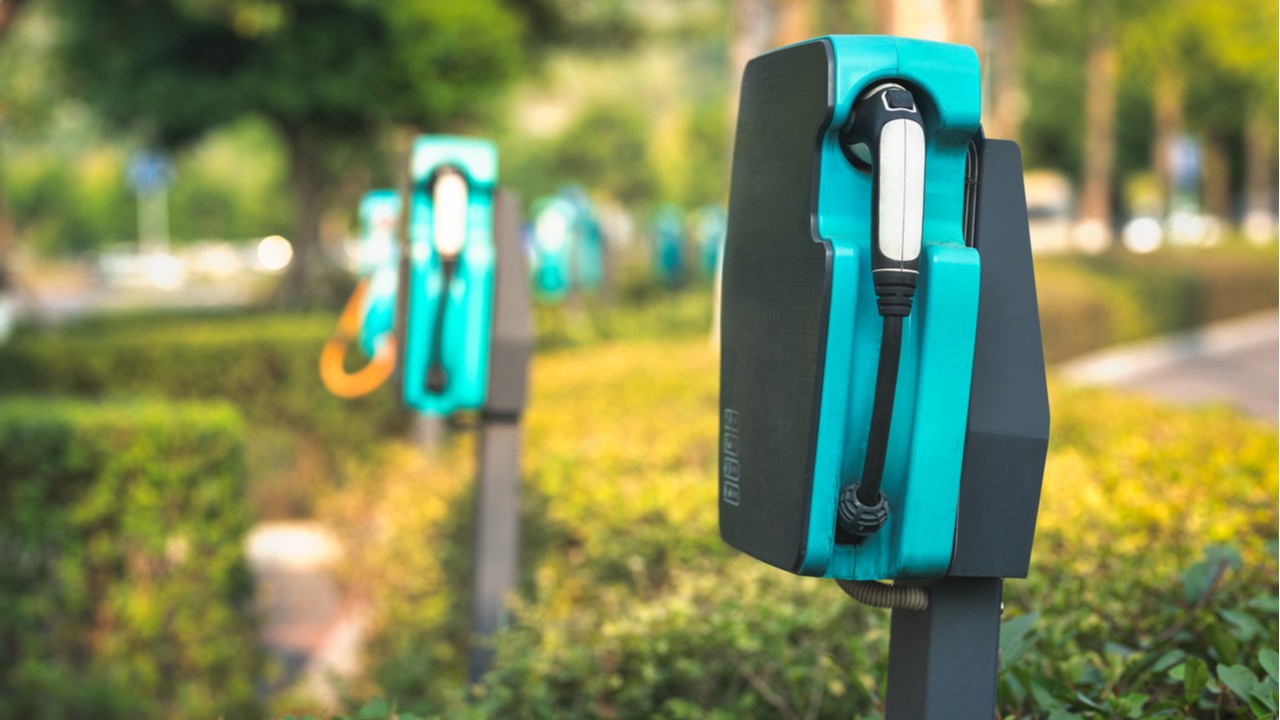This website uses cookies so that we can provide you with the best user experience possible. Cookie information is stored in your browser and performs functions such as recognising you when you return to our website and helping our team to understand which sections of the website you find most interesting and useful.
Addressing the Confederation of British Industry (CBI) in November 2021, prime minister Boris Johnson announced ambitious new proposals that could significantly boost the UK’s electric vehicle charger capacity over coming years. He told the CBI that all new homes would be required to install electric vehicle charge points.And, whether commercial or residential, all buildings with more than ten car parking spaces must also add EV charging facilities when undergoing a major refurbishment.
The proposals are set to come into force on June 15 2022 and will increase capacity on the UK network by an additional 145,000 charge points annually, according to Mr Johnson. He also announced plans to make it more tempting for drivers to switch to EVs by introducing faster contactless payments at new fast and rapid charge points on the UK network.
It’s all part of the government’s Road to Zero strategy that aims to slash the UK’s transport emissions by 70% by the mid-2030s—a crucial milestone on the way to meeting the Climate Change Committee’s net-zero target by 2050. The strategy will see the sale of petrol and diesel cars phased out from 2030 and banned altogether from 2035.
A successful infrastructure rollout over the coming decades will be crucial if the UK is to meet the targets.
The proposals in detail
Here are the proposals for new residential buildings and commercial developments in full:
- All new dwellings with associated parking—including those created from change-of-use applications—must incorporate an EV charge point within the development’s boundaries.
- Residential buildings with more than ten parking spaces that are undergoing significant renovation must incorporate at least one EV for each dwelling with parking. Parking spaces without charge points must have charging cable routes installed.
- Non-residential buildings with more than ten parking spaces undergoing major renovation must have at least one charge point. Developers must also install cable routes for one in five (20%) of the total available spaces.
Mission accomplished?
The CCC has stated there should be 32.2 million EVs on the road by 2032 if the UK is to meet its carbon net-zero goal by 2050. And it has voiced concerns that the UK’s public charge network of public chargers is in danger of failing to keep pace with rising EV ownership. Could the new legislation be a remedy?
The National House Building Council (NHBC) stated that 123,151 new homes were registered in 2020 in the UK—down from 160,319 in 2019 due to COVID halting work on developments.
At first glance, these figures would appear to support the government’s view that the legislation will add around 145,000 charge points to the UK network. However, the legislation only applies to England. And while Welsh, Scottish and Northern Irish devolved parliaments are expected to implement similar measures, there are no firm plans to do so yet. The legislation also includes measures to combat inaction from local authorities (LAs), which has historically been one of the consistent roadblocks to new charger provision.
In the past, the government has left infrastructure provision for new developments to LAs under locally controlled planning legislation. However, they have been slow to take up the mantle, with more than half (167) of the UK’s 333 LAs installing just 20 or fewer chargers each. The new plans will fall under centrally-mandated Building Regulations—taking provision out of LA control and making it a national priority.

Rising to the challenge
The new legislation is undoubtedly a step forward. But it represents a watered-down version of original plans to require both new and existing commercial buildings to install charge points. This idea was shelved due to concerns about the costs for businesses. Instead, the amended proposals cover only commercial buildings with car parks undergoing major refurbishment or retrofitting.
This will mean charge points will become more commonplace at supermarkets, out-of-town developments and the workplace.But whether or not they become a standard feature depends on how many commercial developers have the foresight to future-proof new buildings in the absence of any legal requirement to do so.
Get charging and EV advice for your development
Don’t wait until June to figure out how you’ll incorporate EV charging into your residential build or commercial refurbishment.
By getting ahead of legislation now you can future-proof your project and meet motorists’ growing demand for access to cleaner, greener transport.
Get in touch with Dalroad’s independent in-house engineers to discuss your project.

